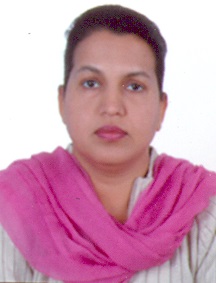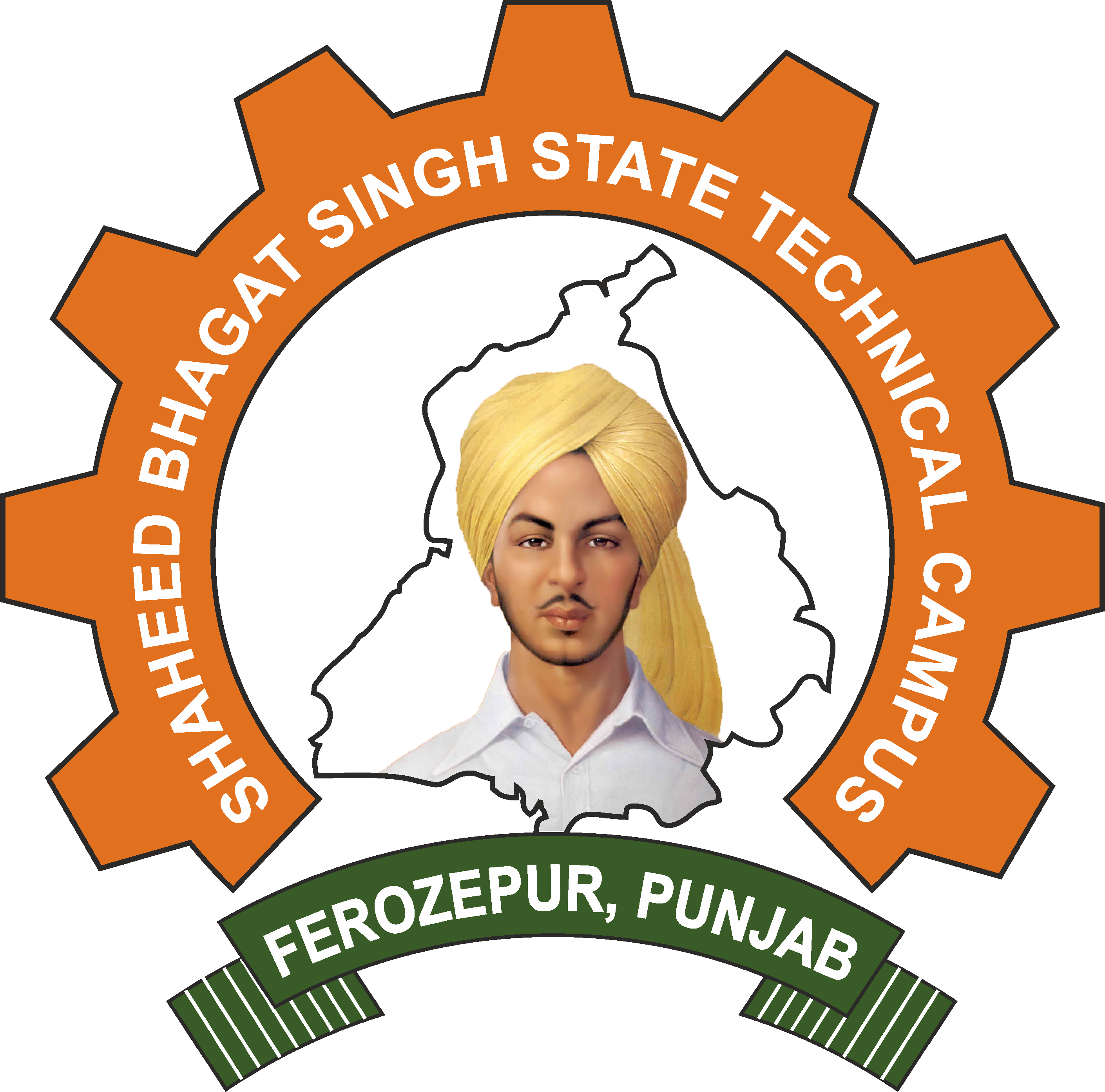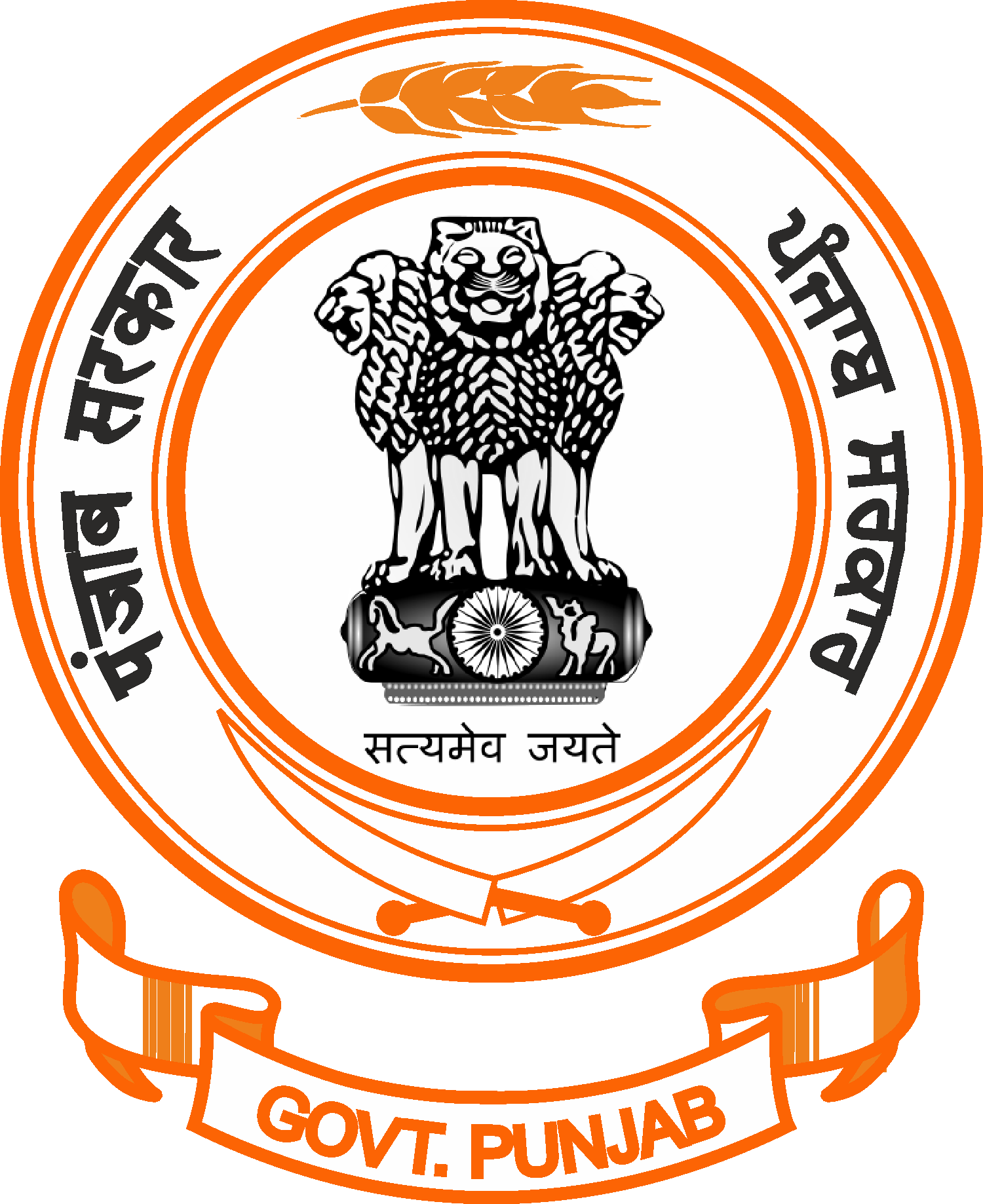| SBS STC Ferozepur is running B. Tech. program in Electrical Engineering since 2003 with
intake of 60 students and 12 more seats through lateral entry and M. Tech (Electrical Engg.) regular AICTE approved programme since 2015 with intake of 18 students. The vision and mission of the
department is: | | 
Mrs. Navneet Kaur (HOD EE) |
Vision of the Department
To be identified as preferred destination for
professional studies responsive to industrial and societal needs of the country. |
Mission of the Department |
| |
- To provide the students a strong theoretical foundation and practical exposure in the field
of Electrical Engineering with emphasis on professional conduct, critical thinking and team work.
- To produce highly motivated quality graduates who can contribute in higher education, research
and industry for the benefit of society.
- Imbibing versatility, adaptability and yearning for excellence amongst the students with highest
ethical values as their inner strength.
|
Programme Educational Objectives:
|
| |
- Technical Accomplishments: Demonstrate the fundamental principles, knowledge and skills to design, develop, evaluate and operate basic electrical engineering systems for the solution of problems in an economical, efficient, safe, and environmentally acceptable manner.
- Innovation and Creativity: To make graduates utilize their skills and resourcefulness to invent, design and realize novel technology; to involve in understanding and implementing new ideas in the engineering profession, research and higher studies.
- Professional Development: To promote student awareness of the life-long learning and to introduce them to professional morals and codes of professional practice.
- Communication and Teamwork: Ability to communicate effectively and to interact professionally with others at the work place and to develop team workmanship to function productively on multidisciplinary group projects.
- Ethics and Social Values: To make the students sensitive towards human, social and ethical values.
|
Programme Outcomes |
| Engineering graduates will be able to:
|
|
- Engineering knowledge: Apply the knowledge of mathematics, science, engineering fundamentals, and an engineering specialization to the solution of complex engineering problems.
- Problem analysis: Identify, formulate, research literature, and analyze complex engineering problems reaching substantiated conclusions using first principles of mathematics, natural sciences, and engineering sciences.
- Design/development of solutions: Design solutions for complex engineering problems and design system components or processes that meet the specified needs with appropriate consideration for the public health and safety, and the cultural, societal, and environmental considerations.
- Conduct investigations of complex problems: Use research-based knowledge and research methods including design of experiments, analysis and interpretation of data, and synthesis of the information to provide valid conclusions.
- Modern tool usage: Create, select, and apply appropriate techniques, resources, and modern engineering and IT tools including prediction and modelling to complex engineering activities with an understanding of the limitations.
- The engineer and society: Apply reasoning informed by the contextual knowledge to assess societal, health, safety, legal and cultural issues and the consequent responsibilities relevant to the professional engineering practice.
- Environment and sustainability: Understand the impact of the professional engineering solutions in societal and environmental contexts, and demonstrate the knowledge of, and need for sustainable development.
- Ethics: Apply ethical principles and commit to professional ethics and responsibilities and norms of the engineering practice.
- Individual and team work: Function effectively as an individual, and as a member or leader in diverse teams, and in multidisciplinary settings.
- Communication: Communicate effectively on complex engineering activities with the engineering community and with society at large, such as, being able to comprehend and write effective reports and design documentation, make effective presentations, and give and receive clear instructions.
- Project management and finance: Demonstrate knowledge and understanding of the engineering and management principles and apply these to one's own work, as a member and leader in a team, to manage projects and in multidisciplinary environments.
- Life-long learning: Recognize the need for, and have the preparation and ability to engage in independent and life-long learning in the broadest context of technological change.
|



